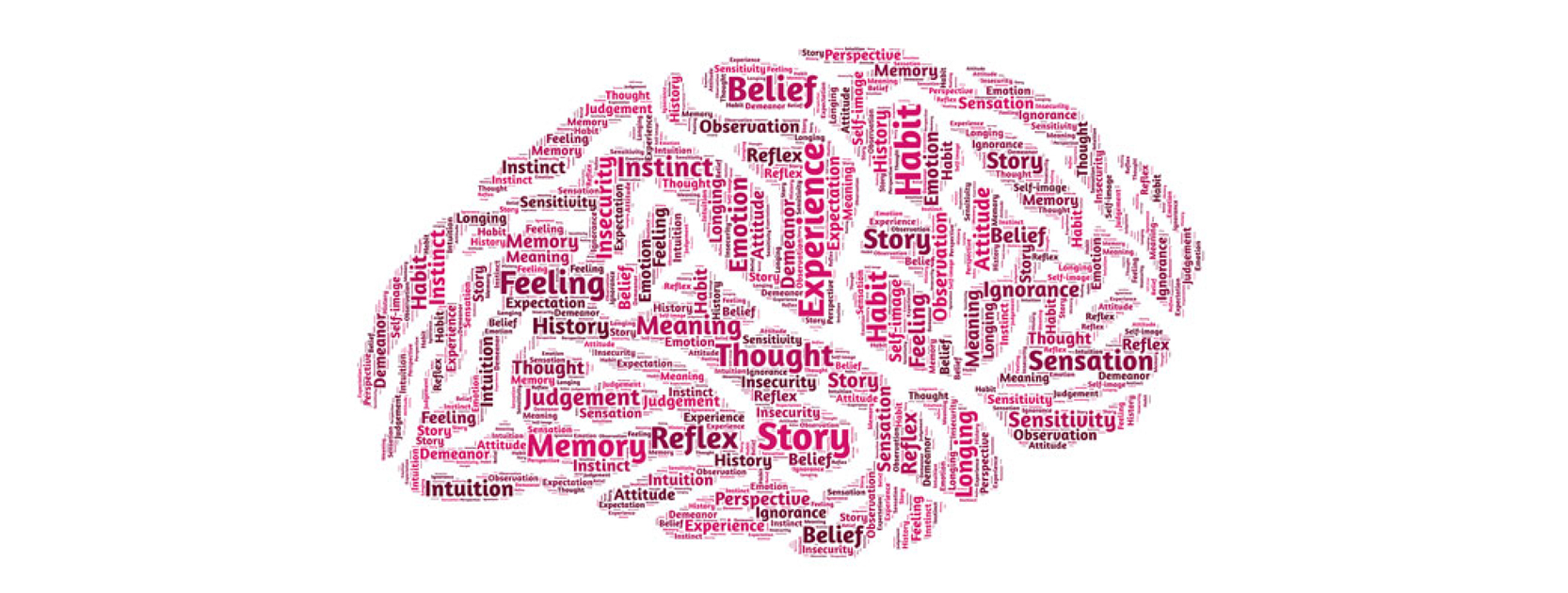News

Aug 12, 2019 by Foresight
Can Brain Scans Teach us about Criminal Activity?
Links between crime and mental health conditions are widely recognised, and rates of self harm and suicide are rising in UK prisons. Some psychiatrists are turning toward brain imaging to identify which areas of the brain might have an effect on depression, anxiety disorders, PTSD and other conditions.
Using this method, theorists have claimed that identifying and rehabilitating areas of unusual brain activity might improve the lives of those who might otherwise have turned to crime, and that studying brain activity in prisoners could potentially begin to aid understanding of criminal behaviour.
Psychiatrist and brain disorder specialist Daniel Amen delivered a talk for TED in 2013, in which he suggested that levels of brain activity in specific regions could be linked to mental health conditions. He proposed a theory that single photon emission computed tomography (SPECT) scans could identify areas for concern in patients with a wide range of psychiatric conditions. As part of his research, Amen conducted SPECT scans of 500 prisoners, of which 90 had committed murder, and then compared the images to the scans of healthy volunteers.
At the end of his research, Amen noted that several prisoners’ brains showed areas of limited electrical activity or blood flow, which he claimed could signal a mental health disorder. These types of psychiatric disorders affect the patient’s thought process, and Amen concluded that these areas of inactivity could offer an explanation for why they have committed a crime.
Amen claims to have been contacted by judges and lawyers to help them understand criminal behaviour and why people are drawn to criminal activity, however his research has divided the scientific community. He thinks that it is possible that if brain scanning was integrated into the diagnosis and treatment of mental health disorders, potentially harmful behaviour could be identified and treated before crime takes place.
However critics are concerned that brain imaging is insufficient to make an accurate diagnosis, and that consultation and discussion with patients is the only way to truly assess their mental condition. Although new research can provide interesting insights into new ways of approaching mental health conditions, the ongoing mental health crisis in prisons is unlikely to be resolved with brain imaging; access to professional help and support and encouraging greater awareness are two widely acknowledged ways to improve the current situation.
Our psychiatric expert witnesses are often called upon to present evidence in court of an individual’s mental condition, highlighting issues such as the effects of substance misuse, the effects of dementia, as well as assessing the role of mental health disorders on an individual’s actions. We supply highly qualified psychiatrists across all specialisms to act as expert witnesses in a wide range of cases, so get in touch and we will provide a selection of professional psychiatrists so you can choose the most suitable expert for your case.
FIND YOUR
EXPERT WITNESS
CALL OUR TEAM ON
0330 088 9000
NEWSLETTER SIGN-UP
Stay up-to-date with all the latest news in the industry by signing up to our newsletter. You're welcome to unsubscribe at any time and we'll always treat your personal details with the utmost care.

